Can You Get Doxxed With A VPN? [All You Need to Know]
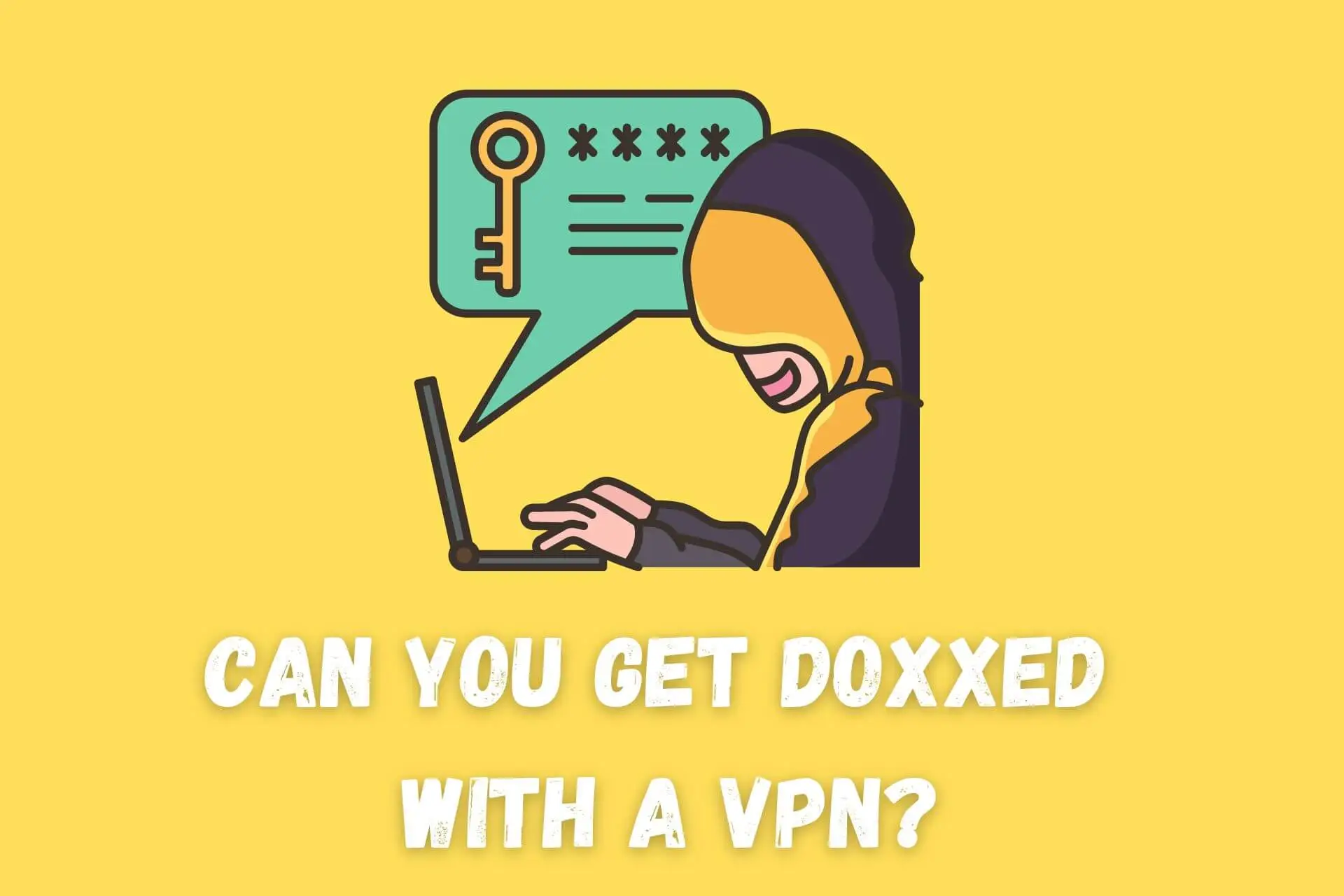
Doxxing is the practice of publicly revealing someone’s private information online without their consent.
We commonly associate it with leaking the victim’s home address. However, doxxing can include any previously unknown and private info, such as the person’s full name, phone number, email address, workplace, family info, or other identifying details.
The issue has become well-known in recent years, prompting people to be more careful with how they share personal data. Many turn to VPNs to encrypt their online traffic and hide their geographic location from snoopers.
Today, we’ll explore how doxxing works and whether a VPN can truly protect you.
What is Doxxing and how does it work?
The term doxxing comes from “docs” or documents, and the process of “dropping” them and making the info public.
This type of behavior isn’t always illegal. However, it is considered a form of online harassment with serious consequences.
The act doesn’t have to involve a data breach, such as hacking. Personal info can be collated from semi-public sources, such as social media, and online or offline records.
Giving this info a wider platform by dispersing it among a specific group or promoting it on social media is when it enters the realm of doxxing.
Nonetheless, methods like hacking and phishing are also common ways sophisticated doxxers find personal information.
The reasons for doxxing vary. Targeting an individual for personal reasons is just as common as doxxing high-profile people for political or ideological ones.
For example, an activist might dox a politician for perceived wrongdoing. They might also dox an individual for simply being in the opposing camp. It can also take the form of run-of-the-mill harassment, bullying, revenge, or “trolling”.
A person might also dox someone or use the threat of doxxing in order to blackmail them. Private info is also often sold on the dark web for financial gain, with other criminals using it for fraud and identity theft.
In many cases, doxxing can cause the victim stress and anxiety, reputational damages, and physical harm if others use the info to carry out violence.
It’s also common for doxxing victims to lose their job if the leaked information harms the reputation of the business, or the victim is exposed in illegal or immoral acts.
A VPN can be one tool in your arsenal to help prevent doxxing and its negative repercussions.
How can a VPN help?
A Virtual Private Network (VPN) establishes a secure and encrypted connection to the internet. It does this by routing all traffic through a remote server before reaching its destination.
Encryption
Encryption is helpful in the fight against doxxing as it scrambles any and all data you send over the internet
For example, if you ever use a public or unsecured Wi-Fi spot, hackers and other malicious actors can’t decode the data, even if they breach the network itself.
That’s also true if you’re on a school or work network that has been compromised or has admins who try to snoop on users. Even your ISP can’t see the web pages you visit or the apps you use.
IP address
Additionally, using a VPN can conceal your IP address and sever its link to your real location. Anyone snooping can only see the IP of the VPN server. Depending on the provider, this could on be the opposite side of the world.

This not only protects you during direct attacks but also if a website or app that logs your IP is ever compromised.
Your IP address is one of the key bits of data for exposing your home address and is commonly used as the starting point for discovering other information about you.
Can you get doxxed with a VPN?
Unfortunately, a VPN isn’t a foolproof solution, and you can still get doxxed while using one.
It’s important to remember that personal information is easily accessible on the internet. Once it’s out there, it can be hard to control who has access to it and how they use it.
Social media
One of the primary culprits is social media. Even if you privatize your posts and only make your profile accessible to the people you’re “friends” with, someone you wouldn’t expect may still share your info, even accidentally.
Therefore, be extra careful who you connect with and limit the personal information you reveal. You don’t have to list your job, city, age, family members, email address, or phone number. Those closest to you will already know or can ask directly.
Other internet data
People can track “non-personally identifiable information” online even when you’re connected to a VPN. This includes device ID and type, browser type, and some of your browsing habits thanks to cookies and browser fingerprinting.
On its own, this is unlikely to reveal your real identity or location. But a malicious party may use the info to build up a profile of who you might be.
Most VPNs also don’t spoof your mobile phone’s GPS location data, so it’s wise to regularly check which apps you allow to have this permission.
Additional security
Unless you get a VPN with a good bundle of extra features, it’s also not going to secure your passwords, block malware, stop intrusive web ads, or help you recognize phishing scams.
Ultimately, you need a strong overall security approach to reduce the chances of doxxing. Invest in a top-tier antivirus, remember to use strong passwords, and turn on multi-factor authentication to secure all your web accounts.

If you do invest in a VPN, consider a provider that offers additional privacy features. For example, NordVPN and Surfshark have a dark web monitor.
This feature scans known forums and sites on the dark web that deal in compromised data. If it recognizes your email address or other credentials in a data dump, it’ll send an alert.
You can then change passwords and secure your accounts accordingly.
Online behavior
Although the reasons for doxxing vary, it’s wise to control or separate behavior that might cause it.
For example, if you’re politically active online, engage with that world through a pseudonym or nickname.
You can even apply this approach to seemingly innocuous online communities like an online gaming channel because it’s not uncommon to have disagreements that turn sour.
If would-be doxxers don’t know your real name and can’t trace your real location, leaking your info is highly unlikely.
Public databases
Things like court documents, property records, and voter registration records are all available to the public.
The amount of information Google holds about you based on your own digital footprint and other sources of info is also vast.
In some instances, however, you can ask Google to remove your data from the search results.
Removal requests are successful about half of the time, though it’s more likely that the available info may harm you. This approach can be useful after a doxxing to clean up the mess.
Furthermore, many “people search” websites that sell profiles based on public records are willing to remove your data upon request. This doesn’t mean the courthouse or company records go away, but it does mean doxxers need to do extra work to find them.
Conclusion
Doxxing is a nasty invasion of privacy and can have serious consequences. Can you get doxxed with a VPN? Yes, but it will limit the methods used to find your info.
By being aware of the risk, using a reputable VPN, and taking other common steps to protect your online security, you can help to prevent yourself from online exposure.
Read our disclosure page to find out how can you help VPNCentral sustain the editorial team Read more


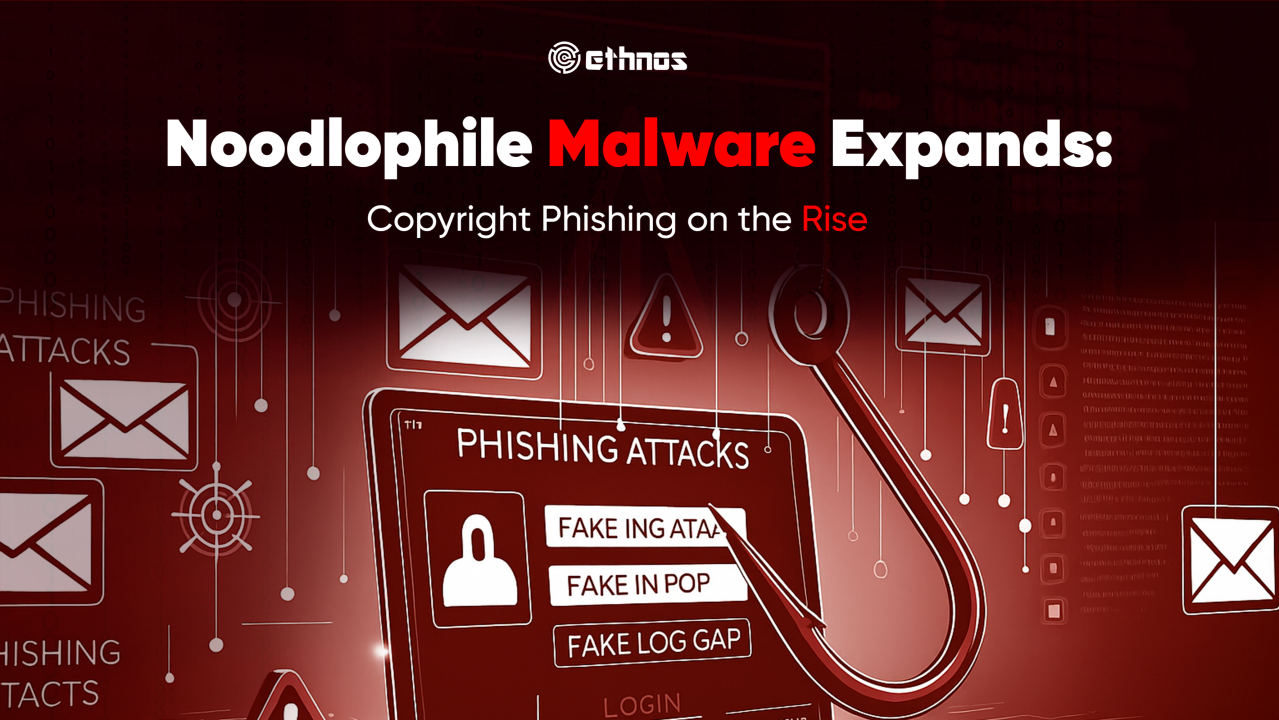
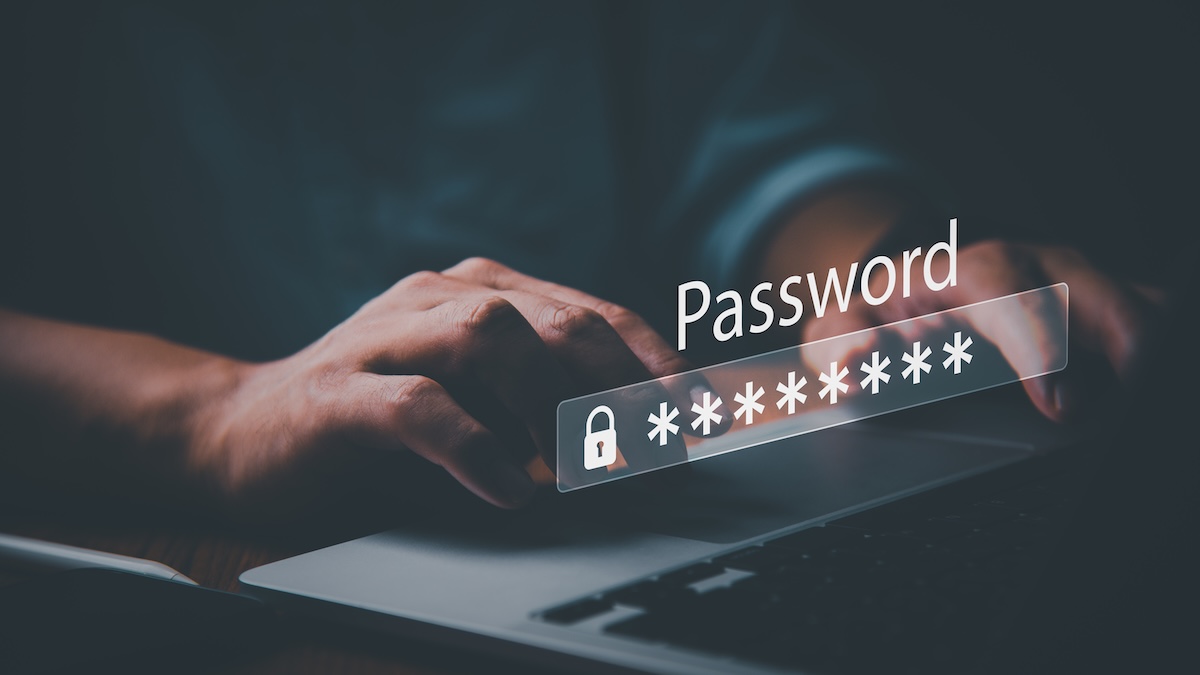
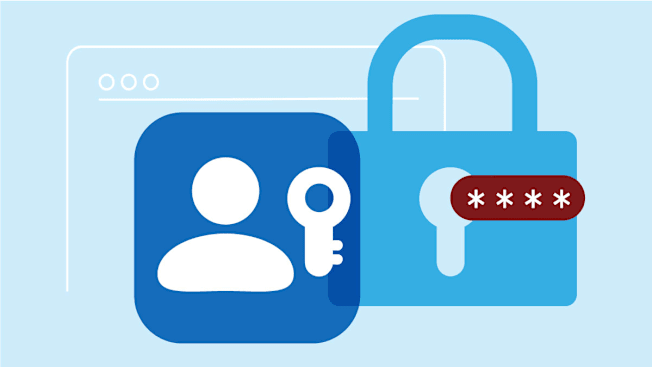
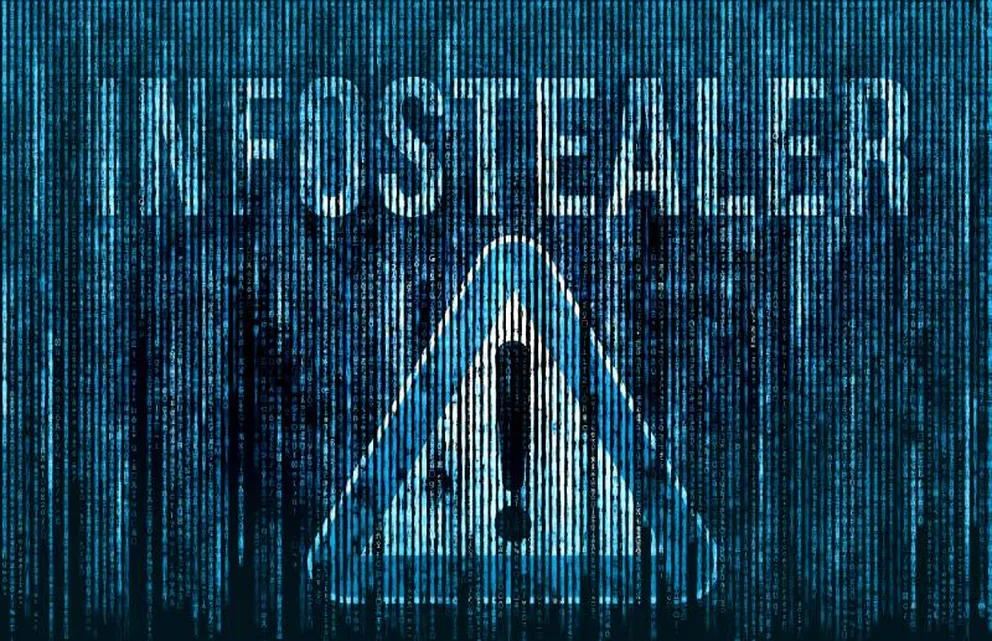
User forum
0 messages